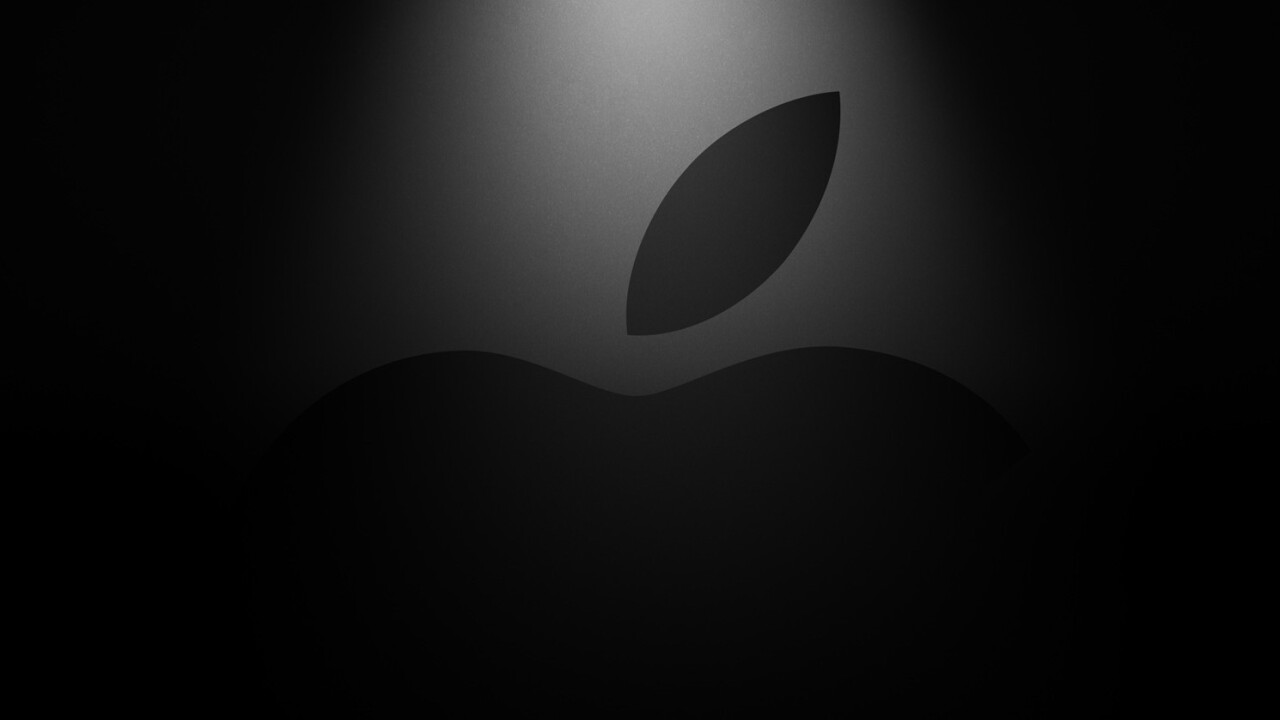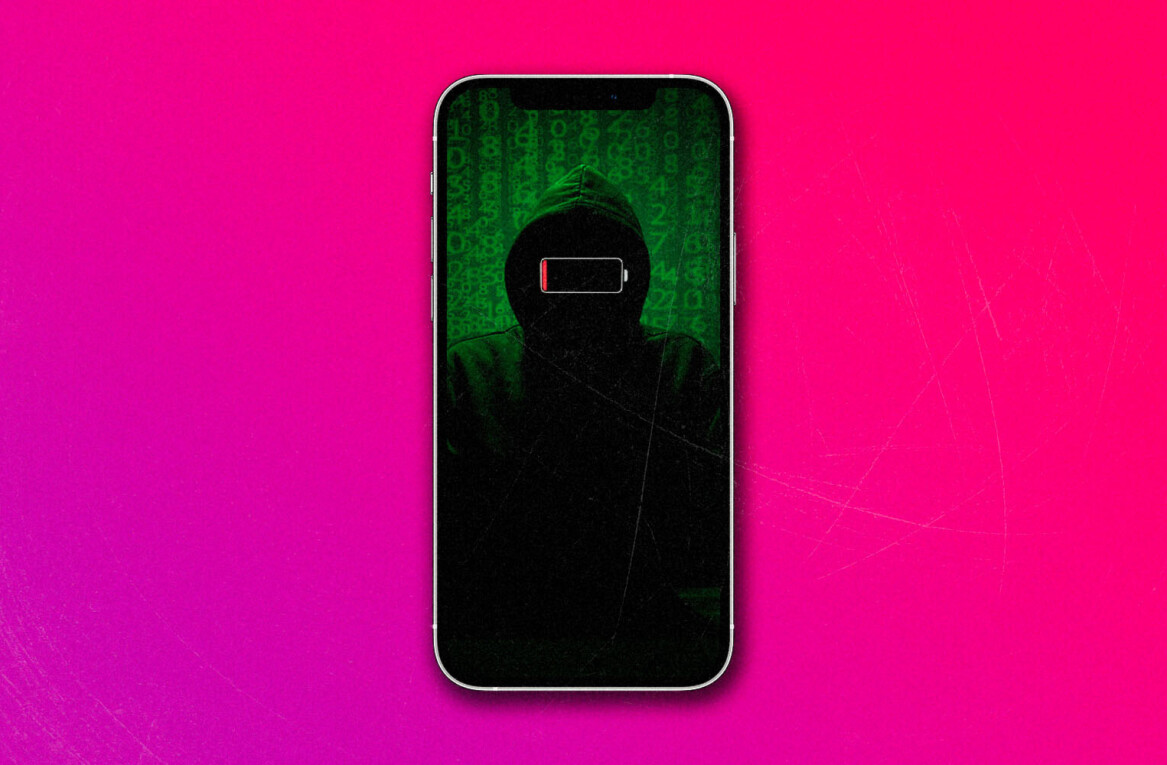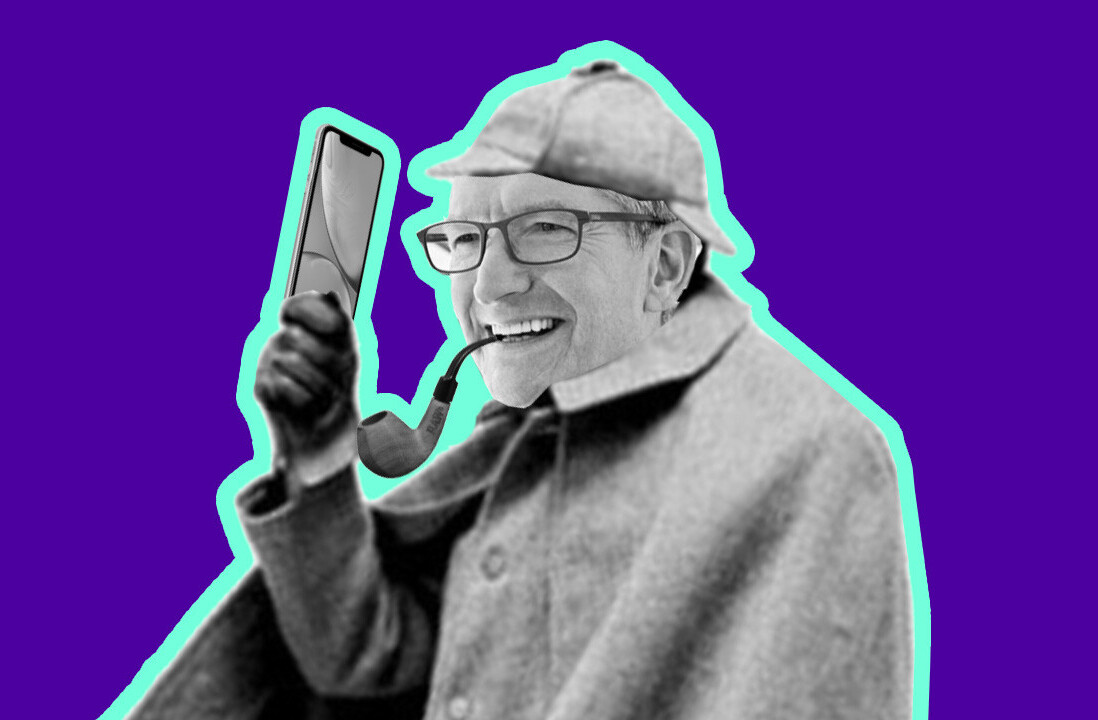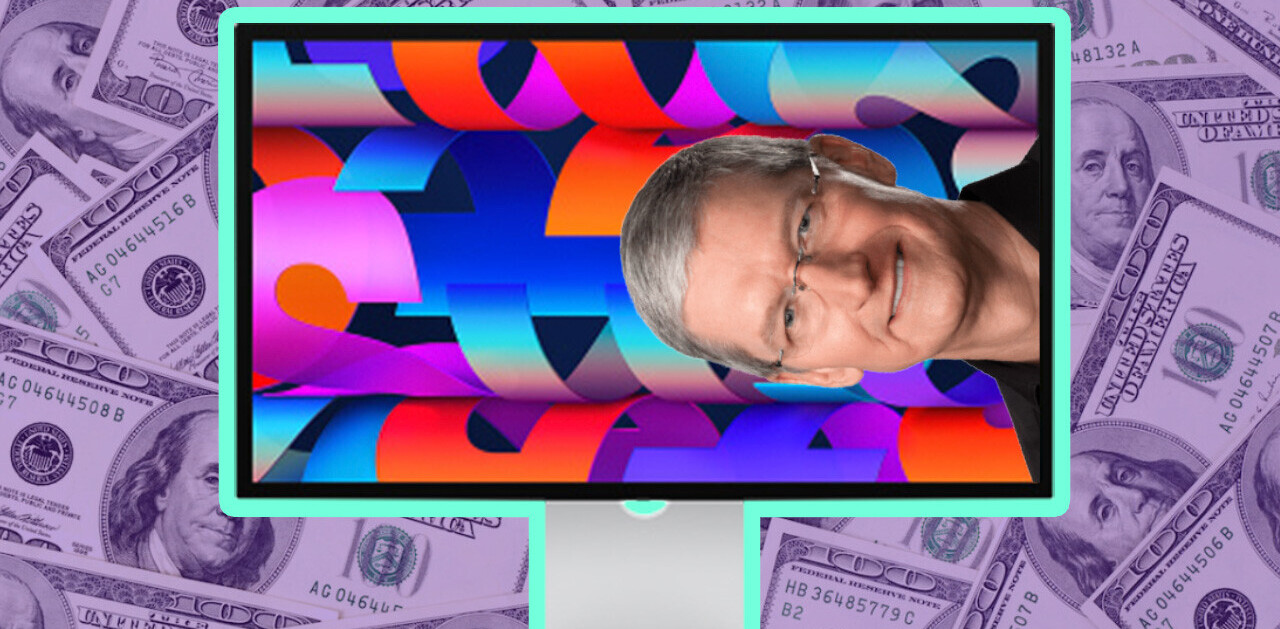
The United States Supreme Court ruled this week that users could sue Apple for allegedly monopolizing the App Store and driving up the price of apps. This means that, if you’re so inclined, you could bring suit against Apple for overcharging you.
Apple v Pepper, as the case is called, dealt with the issue of whether Apple’s 30 percent revenue cut is a charge that trickles down to consumers. Given that the App Store is a monopoly — meaning there’s really no other way to legally get an app on an iPhone — the plaintiffs argued that the size of the cut necessitated app developers set higher prices to offset it.
Apple’s counter-argument is that it’s an intermediary in the sale and, under existing anti-trust laws, shouldn’t be sued. The law in question, called “the Illinois Brick doctrine,” essentially rules that direct purchasers of a product (apps, in this case) can only bring lawsuits against manufacturers..
That sounds complicated, but basically it’s Apple arguing it owns the store, not the product. The consumers contend that it’s the only store and it owns the land the store is built on, meaning no one else can build stores there.
According to Ballotpedia, the case has been batted about between lower courts, first being dismissed and then successfully appealed. Apple filed for a writ in 2017 taking the issue to the Supreme Court. The case — which, to be clear, isn’t about whether the plaintiffs are right, but whether they should even be able to sue in the first place — was argued in front of the justices last November. Today, they handed down a 5-4 decision, with the majority opinion being that the anti-trust laws don’t apply.
Supreme Court Justice Brett Kavanaugh:
In this case, unlike in Illinois Brick, the iPhone owners are not consumers at the bottom of a vertical distribution chain who are attempting to sue manufacturers at the top of the chain. There is no intermediary in the distribution chain between Apple and the consumer. The iPhone owners purchase apps directly from the retailer Apple, who is the alleged antitrust violator. The iPhone owners pay the alleged overcharge directly to Apple.
I hate that I’m in a position to say “I agree with Brett Kavanaugh” about anything, but there is some merit to that judgement — Apple is the company with which consumers interface when they buy an app. Reuters‘ Alison Frankel called the company and others like it “the toll-keepers.” When was the last time most of us downloaded anything to an iPhone that wasn’t from the App Store? He was joined in it by Justices Ginsburg, Breyer, Sotomayor, and Kagan (odd bedfellows, I know).
The dissenting opinion was delivered by Justice Neil Gorsuch, who said that, under an older ruling called “Hanover Shoe,” the app developers are the ones being harmed by the alleged overcharge, and consumers are only being harmed by the developers’ decision to “pass on” the expense to them: “So, for example, if a defendant’s false advertising causes harm to one of its competitors, the competitor can sue the false advertiser under the Lanham Act. But if the competitor is unable to pay its rent as a result, the competitor’s landlord can’t sue the false advertiser, because the landlord’s harm derives from the harm to the competitor.”
Regardless, this means that, since it’s no longer considered an intermediary, consumers can pursue the case against Apple. It’d be interesting to see if they actually get any further. I suppose Apple’s defense now could be that consumers already have a choice when it comes to where to buy apps: if you don’t like it, you can always jump ship to Android. You probably won’t, but you could.
Get the TNW newsletter
Get the most important tech news in your inbox each week.




